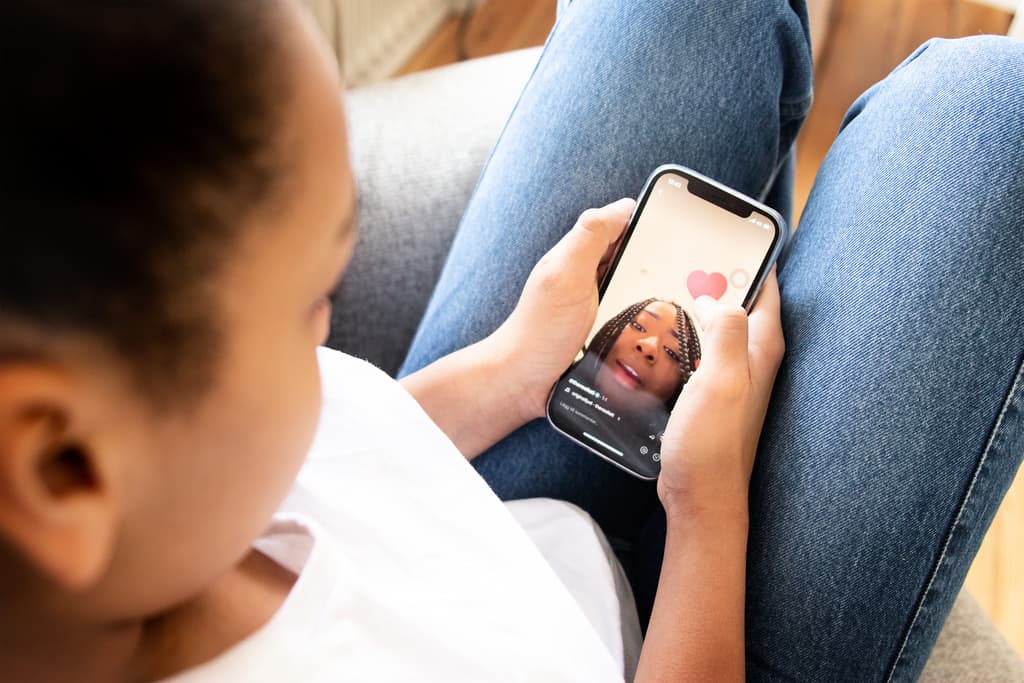On Monday, the Public Health Agency presented new recommendations for screen time. The time limits are based partly on research and partly on how much time children and young people need to spend on other things to feel good. The time limit does not include homework and studies.
The concept of screen time and how it is regulated varies in different countries. Many countries rely on the WHO's recommendation from 2019. There, the advice is zero screen time up to two years of age, and up to five years, it is one hour per day.
Below is a review of different countries' advice and guidelines on screen time:
Denmark: Children up to two years old should not have screen time at all. Otherwise, the guidelines are mainly to "take an interest in your child's digital life".
Finland: Similar to Sweden. Children in young ages, 0-2, should not have screen time at all. For 2-5 years, a maximum of one hour per day applies.
Norway: Similar to Sweden and Denmark. For older children, 6-12 years, a maximum of one hour outside of studies applies.
Germany: For 0-3-year-olds, zero screen time applies. 3-6-year-olds are recommended a maximum of half an hour of screen time per day. 6-9-year-olds, a maximum of 45 minutes.
France: A committee set up by President Emmanuel Macron recommended at the end of April this year that there should be no screen time for children up to three years old. For 3-6-year-olds, "very limited screen time" applies. Furthermore, the advice is that children under 11 should not have a mobile phone and that children under 13 should not have a mobile phone with internet access.
USA: Has focused more on social media than screen time. Different states have different recommendations on the matter. A national recommendation from 2023 read:
"Currently, we are experiencing a national crisis around young people's mental health, now is the time to act quickly and sharply to protect children and young people from risk and harm".
China: Generally more restrictive guidelines than in Europe. Has time- and content-determined rules for different ages up to 17-year-olds. Much is based on having a "minor" mode on devices.
Noteworthy in this matter is also that UNESCO, the UN's cultural and educational organization, proposed in 2023 that mobile phones be banned in schools.






